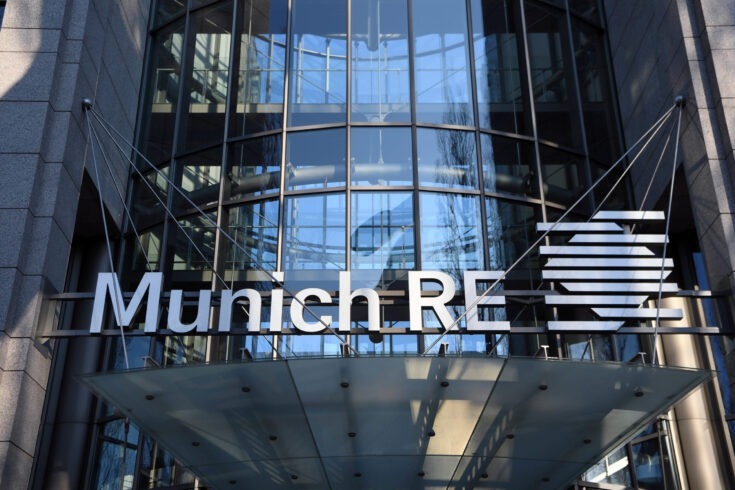The insurance giant said it will pursue its own climate targets, instead of working toward net-zero emissions as part of the insurance alliance. The company has made clear it’s well aware of the risks that global warming pose to the insurance industry.
The Net-Zero Insurance Alliance is part of the Glasgow Financial Alliance for Net Zero (GFANZ), which includes over 550 members with a combined $150 trillion in assets. Despite GFANZ’s efforts to reassure members that coordinated emissions reductions won’t lead to credible antitrust allegations, some signatories have been concerned about potential legal risks.
Munich Re is the largest financial firm to leave a GFANZ sub-group since Vanguard Group Inc. left at the end of last year. However, Munich Re will remain a member of GFANZ as a member of another subgroup, the Net-Zero Asset Owner Alliance.
Are ESG directives alienating business leaders?
The move comes amid growing political hostility towards coordinated emissions reductions in the US. Mark Carney, former Bank of England Governor and co-chair of GFANZ, has sought to address legal considerations raised by members. The insurance alliance was convened by the United Nations and includes 30 members, such as Axa SA, Allianz SE, and Swiss Re AG.
GFANZ was launched in November 2020, and Munich Re’s involvement with GFANZ was reported in various news articles in early 2021. The company’s commitment to sustainability and climate action dates back many years, and it has been involved in numerous initiatives to address climate risk and promote sustainability in the insurance industry.
Munich Re will remain part of GFANZ sub-group
Munich Re is a member of the Glasgow Financial Alliance for Net Zero (GFANZ), a coalition of over 550 financial institutions that aims to achieve net-zero greenhouse gas emissions by 2050. GFANZ is made up of several sub-groups, including the Net-Zero Insurance Alliance, which Munich Re has recently announced it will leave due to “material” legal risks.
However, Munich Re will remain a member of GFANZ as part of another subgroup, the Net-Zero Asset Owner Alliance. As a leading reinsurer, Munich Re has been vocal about the risks of climate change to the insurance industry, publishing estimates in January 2023 that insured losses from natural disasters hit about $120 billion in 2022, most of which was weather-related. By being part of GFANZ, Munich Re is working towards its own climate targets and collaborating with other financial institutions to reduce global greenhouse gas emissions.
In a statement issued regarding this latest move, Joachim Wenning, Munich Re’s chief executive, said: “Opportunities to pursue decarbonisation goals in a collective approach without exposing ourselves to material antitrust risks are so limited that it is more effective to pursue our climate ambitions individually.”









